Money will always get ears pricked. Across both sports horse and thoroughbred sectors recently, a much more significant equine inclusion in the Targeted Agricultural Modernisation Scheme (TAMS II) has been the focus of much discussion and debate.
Whereas until now only equine stocks were available through TAMS grant aid, it looks as if significant assistance towards infrastructure such as stabling, fencing and turn-out paddocks will all now become available in a multimillion euro package of support across equine sectors.
Political leaders, the Equine Farming Taskforce, Horse Sport Ireland, Irish Thoroughbred Breeders Association and The Irish Farmers’ Association will all partake in the discussions with DAFM to determine the exact entry criteria and equine specific facilities which will apply to the scheme.
Under Ireland’s recent EU approved Common Agricultural Policy (CAP) 2023-27, the current TAMS II scheme will be rebranded and known as the ‘On Farm Capital Investment Scheme’ and there will be strict criteria to be adhered to for applicants.
Grant applications can be a minefield so it’s important that any potential applicants make themselves aware of the scheme criteria, what’s on offer, how and for whom.
Understanding
Amongst the many facts gathered in the recent and very helpful HSI/ifac Business of Breeding report, was that 79% of equine breeders (who did not have a second farming enterprise) either hadn’t heard of TAMS II or had a limited understanding of it, despite being eligible for grant aid towards stocks.
This begs the question: who will be there to advise our equine farming families on what they are entitled to, and what exactly is required from them to avail of any monies?
A key intervention of CAP is the improvement of knowledge transfer and innovation in agriculture. The EU-commissioned Farming Advisory System (FAS) facilitated by DAFM, has been implemented to achieve this intervention.
There is only one private consultancy I have found so far offering support to the equine sector and as Equine Task Force co-founder Patrick Hester recently pointed out in The Irish Field, it would seem that among the 800 approved FAS advisors listed online, it appears that none have knowledge specific to equine farming.
Limiting
DAFM held FAS training for both agricultural agents and FAS advisors last week, but to be eligible for training the following criteria was required: a primary degree qualification at Level 8 on the National Framework of Qualifications in Agricultural Science.
This is very limiting to the equine sector. Surely to encourage specialists to get involved, an equivalent Level 8 equine science degree would be appropriate?
With 78% of breeders citing the increase in running costs as their greatest challenge, the question remains vital as to who our equine farmers can turn to for reliable advise. At the time of writing this, DAFM have not confirmed if there were any equine sector particpants on the advisor course last week.



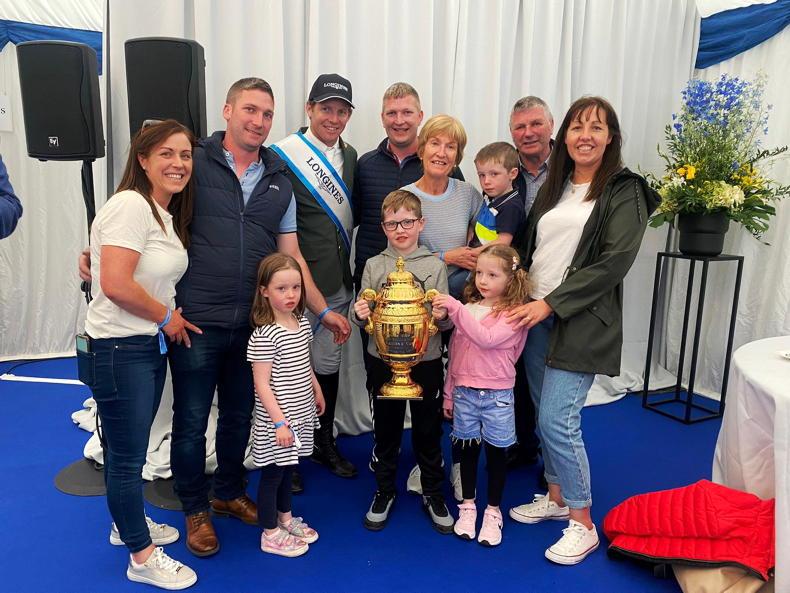
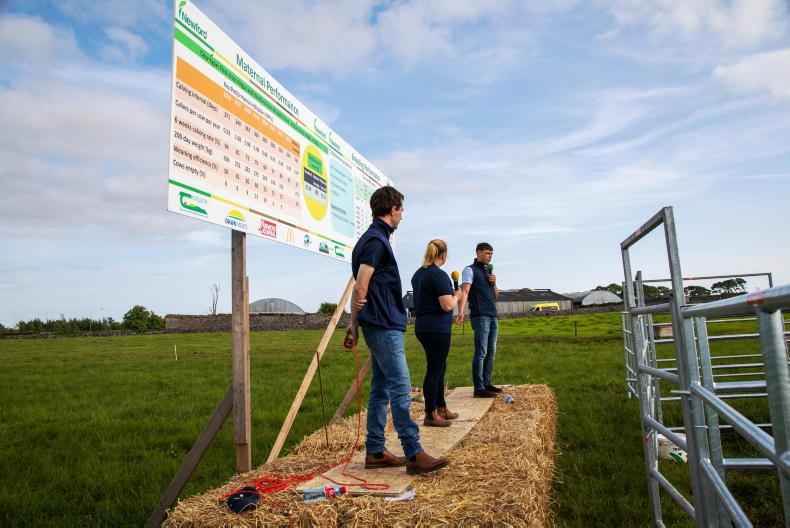
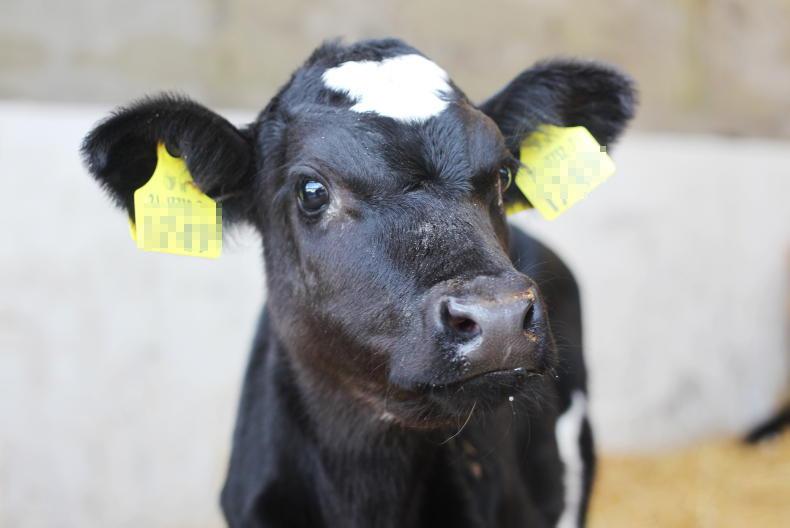
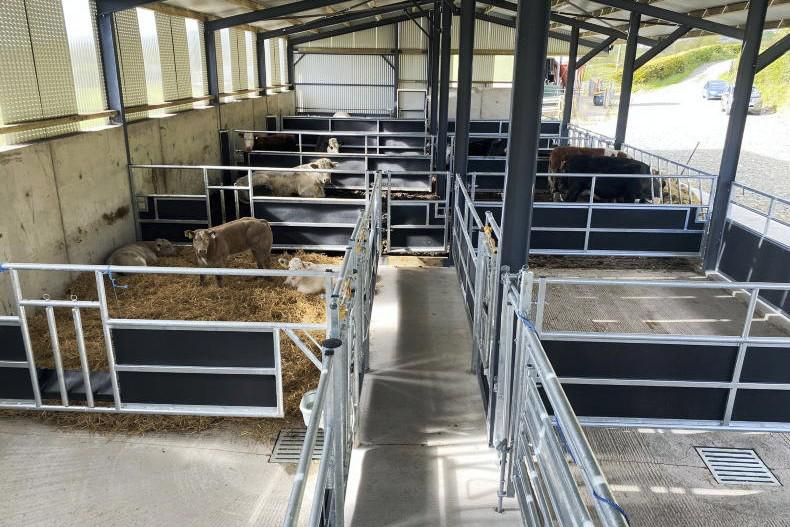
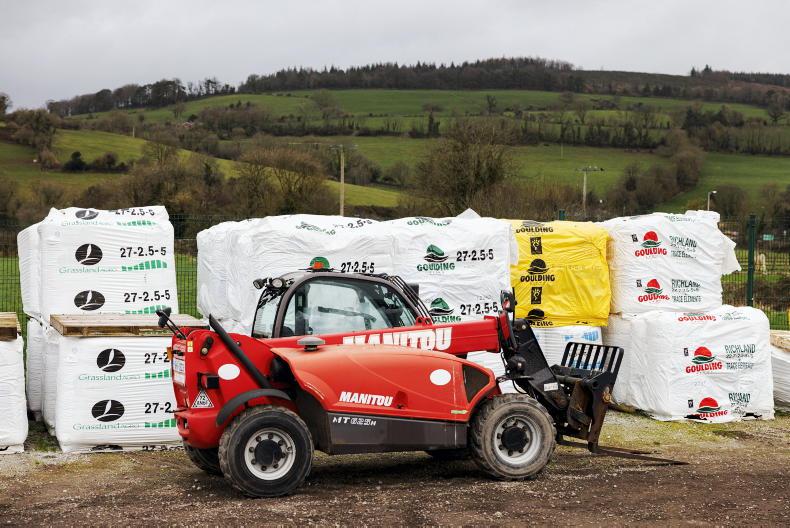
SHARING OPTIONS